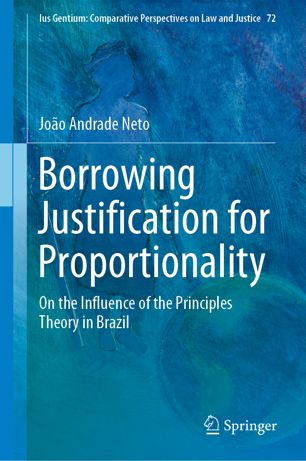

Most ebook files are in PDF format, so you can easily read them using various software such as Foxit Reader or directly on the Google Chrome browser.
Some ebook files are released by publishers in other formats such as .awz, .mobi, .epub, .fb2, etc. You may need to install specific software to read these formats on mobile/PC, such as Calibre.
Please read the tutorial at this link: https://ebookbell.com/faq
We offer FREE conversion to the popular formats you request; however, this may take some time. Therefore, right after payment, please email us, and we will try to provide the service as quickly as possible.
For some exceptional file formats or broken links (if any), please refrain from opening any disputes. Instead, email us first, and we will try to assist within a maximum of 6 hours.
EbookBell Team

4.1
30 reviewsThe proportionality test, as proposed in Robert Alexy’s principles theory, is becoming commonplace in comparative constitutional studies. And yet, the question “are courts justified in borrowing proportionality?” has not been expressly put in many countries where judicial borrowings are a reality. This book sheds light on this question and examines the circumstances under which courts are authorized to borrow from alien legal sources to rule on constitutional cases.
Taking the Supreme Federal Court of Brazil – and its enthusiastic recourse to proportionality when interpreting the Federal Constitution – as a case study, the book investigates the normative reasons that could justify the court’s attitude and offers a comprehensive overview of its case law on controversial constitutional matters like abortion, same-sex union, racial quotas, and the right to public healthcare.
Providing a valuable resource for those interested in comparative constitutional law and legal theory, or curious about Brazilian constitutional law, this book questions the alleged universality of the proportionality test, challenges the premises of Alexy’s principles theory, and discloses more than 68 Brazilian Supreme Court decisions delivered from 2003 to 2018 that would otherwise have remained unknown to an English-speaking audience.